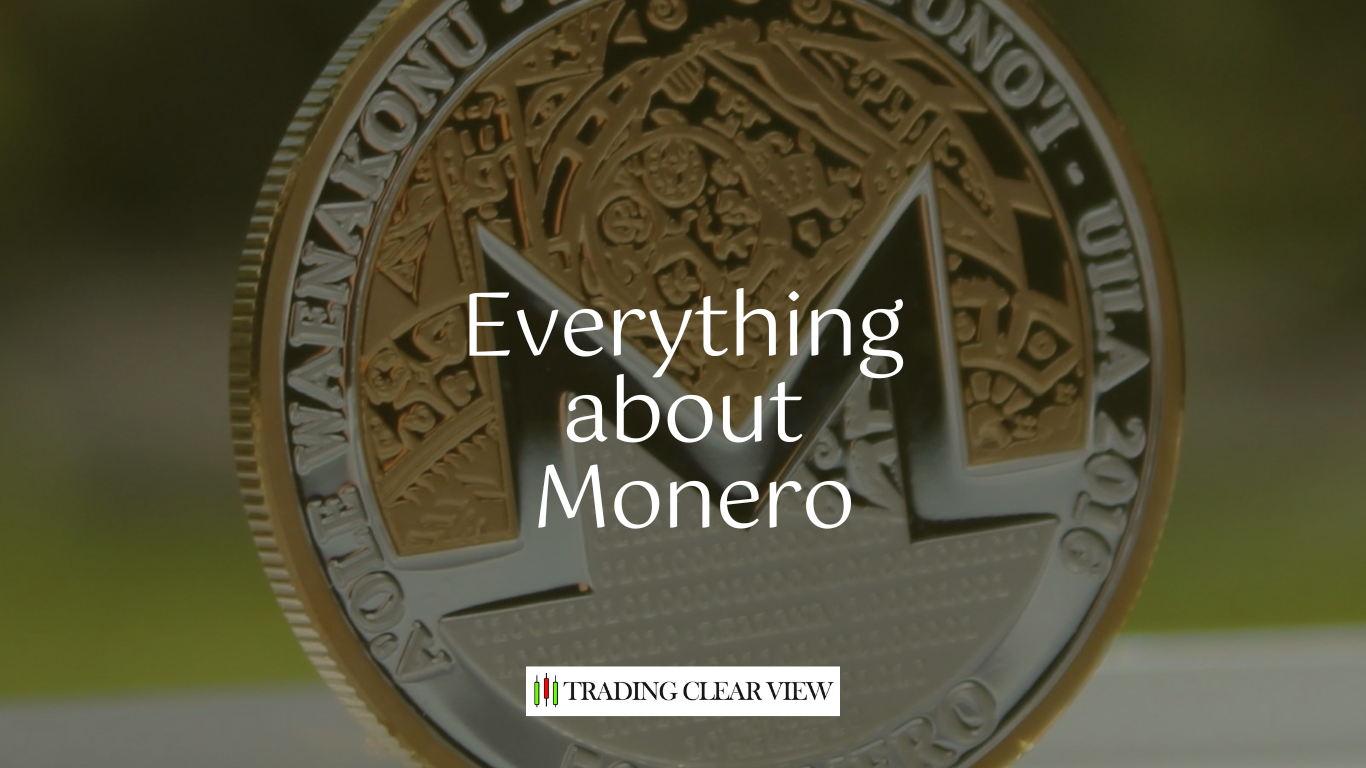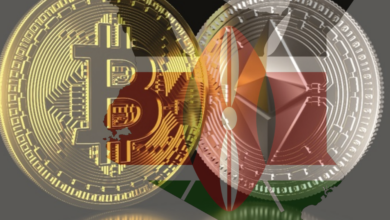What is Monero (XMR) coin?

Monero (XMR) is a cryptocurrency that focuses on privacy and anonymity. It was launched in 2014 as a fork of the Bytecoin blockchain and has since grown to become one of the most popular privacy-focused cryptocurrencies. Monero uses a range of advanced cryptographic techniques to ensure that all transactions on its blockchain are completely private and untraceable. This makes it ideal for those who value their privacy and want to keep their financial transactions confidential. Unlike many other cryptocurrencies, Monero does not have a fixed supply and uses a unique mining algorithm known as RandomX, which is designed to be resistant to ASIC mining. This makes it more accessible to users with standard computer hardware and helps to ensure that the network remains decentralized. Overall, Monero is a powerful tool for anyone who wants to protect their financial privacy and maintain control over their personal data.
What is the mechanism behind Monero?
The mechanism behind Monero is based on a blockchain that uses a unique combination of cryptographic techniques to ensure privacy and security. When a user sends a Monero transaction, it is automatically mixed with other transactions on the network, making it difficult to trace the transaction back to its source. Monero uses a ring signature scheme, which means that each transaction is signed by a group of users, making it impossible to determine which user actually initiated the transaction. Additionally, Monero uses stealth addresses, which generate a one-time address for each transaction, making it nearly impossible to link a recipient’s public address to their identity. Finally, Monero transactions are completely private and untraceable, as the amounts and addresses involved are obscured by cryptographic techniques such as ring confidential transactions (RingCT). All of these features work together to create a highly private and secure cryptocurrency that is ideal for those who value their financial privacy.
What is the basis of Monero operation?
The basis of Monero’s operation is its blockchain, which is a decentralized ledger that records all transactions on the network. Monero uses a Proof-of-Work consensus mechanism, which means that transactions are validated and added to the blockchain by miners who use their computing power to solve complex mathematical problems.
This process creates new XRM coins and maintains the security and integrity of the network.
XRM unique privacy features are also a critical part of its operation. When a user sends a transaction on the XRM network, the transaction is mixed with other transactions using ring signatures, making it impossible to determine who initiated the transaction. Additionally, Monero uses stealth addresses to generate a one-time address for each transaction, further obscuring the identity of the recipient. Finally, XRM transactions are completely private and untraceable, as the amounts and addresses involved are obscured by cryptographic techniques such as RingCT.
Overall, Monero’s operation is designed to provide users with a highly private and secure cryptocurrency that is resistant to surveillance and censorship.
Its unique privacy features and decentralized design make it an excellent choice for anyone who values financial privacy and security.
What are the ongoing and upcoming programs of Monero?

Monero is a community-driven project, and there are always ongoing and upcoming programs and initiatives that aim to improve the network and expand its capabilities. Here are some examples:
Kovri: An upcoming project that aims to provide XRM users with an additional layer of privacy by using the I2P network to hide IP addresses.
Monero Research Lab: A group of researchers who work on improving the XRM protocol and privacy features.
Monero Outreach: A community-driven initiative that aims to promote XRM and educate people about its features and benefits.
XRM GUI Wallet: An ongoing project that aims to provide XRM users with an easy-to-use graphical interface for managing their XRM wallets.
Monero Localization Workgroup: A group of volunteers who work on translating Monero’s documentation and other materials into different languages.
XRM Merchants: A directory of merchants who accept XRM as payment for goods and services.
XRM Meetups: A global network of meetups where XRM enthusiasts can meet and share ideas.
Overall, there are many ongoing and upcoming programs and initiatives related to XRM and the community is constantly working to improve and expand the network.




